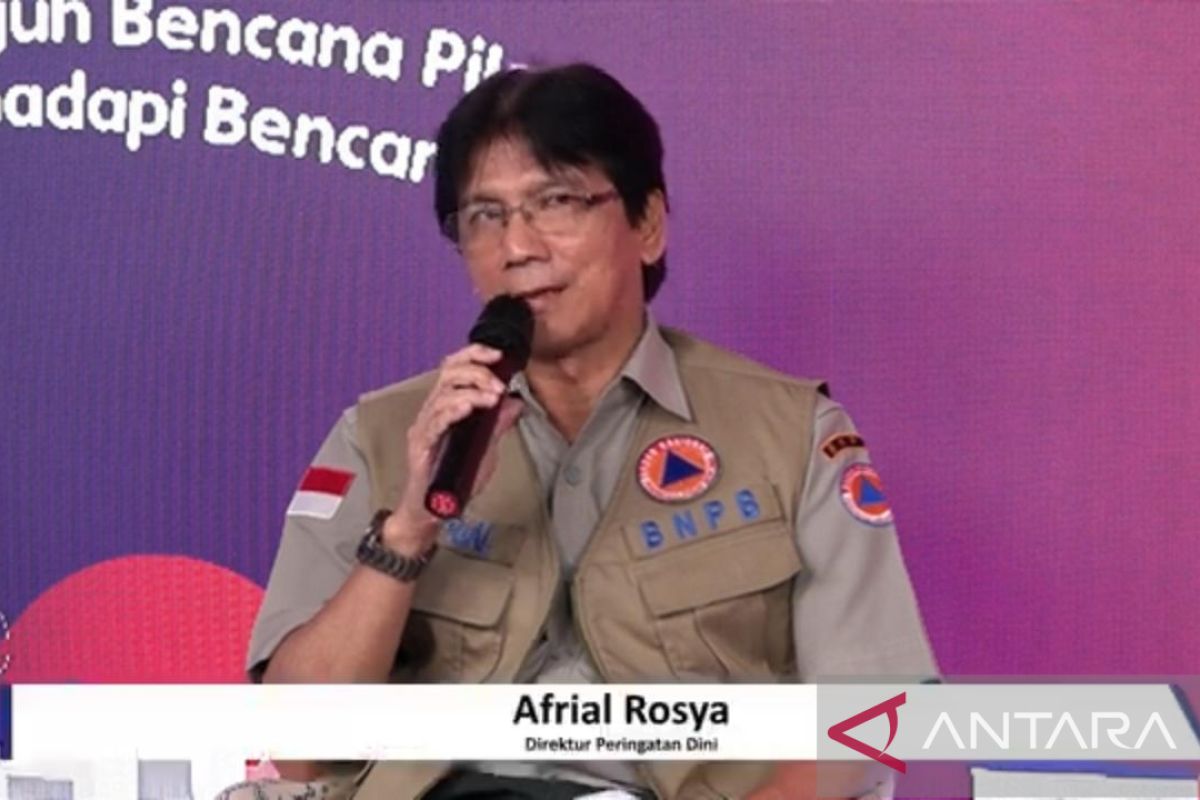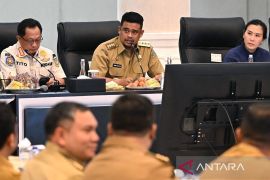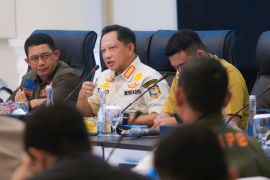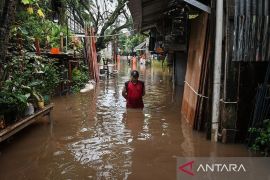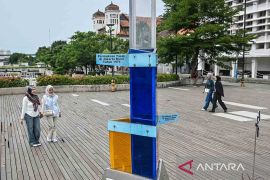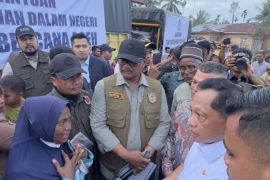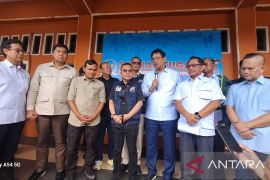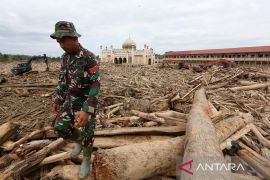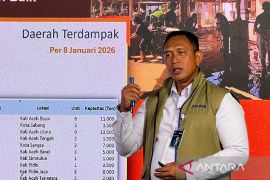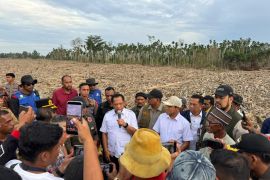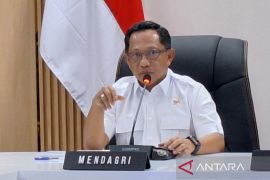BNPB's Early Warning Director Afril Rosya noted that the agency refers to the result of the Early Warning Conference in Bonn, Germany, in 2006, when the People-Centered Early Warning System was unveiled.
This is what the BNPB may channel greater attention on while developing its early warning system, he remarked during the Disaster Preparedness Day: Early Warning Effectiveness in Strengthening the People's Respond online discussion on Monday.
Rosya noted that the disaster early warning system had two components: the structural component and cultural component.
In addition, he outlined four sub-components in the early warning system. The first concerns the people's knowledge or how to improve knowledge and risk perception among the people.
The second component involves monitoring and analysis. The third relates to ways to strengthen the dissemination of warning to the people and how to communicate the result of monitoring and analysis to the people.
Meanwhile, the fourth component is response strengthening. According to Rosya, these four components made up the people-centred early warning system.
In addition, the monitoring and analysis component is not done by the agency but rather by the related ministry or institution.
The Meteorology, Climatology, and Geophysics Agency (BMKG) was given greater authority to conduct monitoring on earthquake, tsunami, extreme weather, and others, Rosya stated.
Meanwhile, BNPB's role is oriented more toward the cultural aspect or people-strengthening aspect, he remarked.
In order to strengthen the people's respond, the agency has held various activities, such as training and simulation, he explained.
"With this, the people understand the purpose of stimulant, how to utilize rescue equipment, and how to respond to the warning," he elaborated.
Related news: BMKG's additional sensors to improve tsunami early warning system
Related news: Early warning system can reduce disaster risk: Governor
Related news: BNPB readies preparedness agendas as 2022 GPDRR approaches
Translator: Devy Nindy S R, Fadhli Ruhman
Editor: Sri Haryati
Copyright © ANTARA 2022
